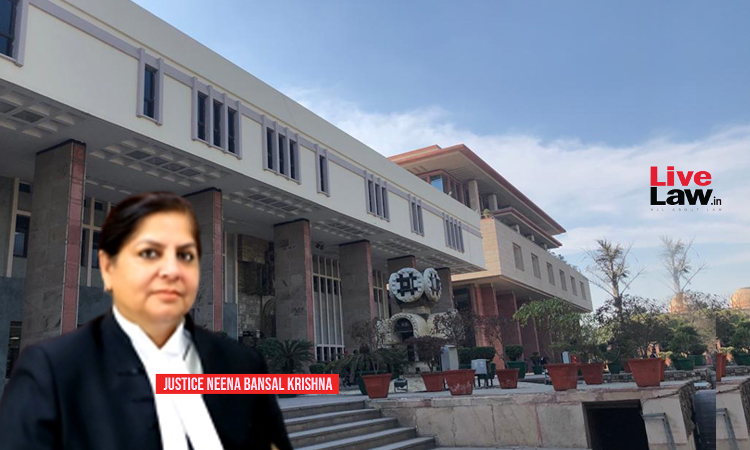The Delhi High Court has ruled that the provisions of the Securitisation and Reconstruction of Financial Assets and Enforcement of Security Interest Act, 2002 (SARFAESI Act) provides a remedy in addition to the adjudication under the Arbitration and Conciliation Act, 1996 (A&C Act)and hence, initiation of proceedings under the SARFAESI Act does not bar the arbitration...

